If you were to ask a sample of people whether they would prefer to spend an hour learning something related to Accounting or watching paint dry on a wall instead, the vast majority would grumble but settle into a comfortable position to stare at the wall and the remainder would probably run into it headfirst.
There’s just no denying that Accounting’s publicity can use a pick-me-up – you know a profession has some PR problems when the engineers get Robert Downey Jr as representation and we get Ben Affleck instead.
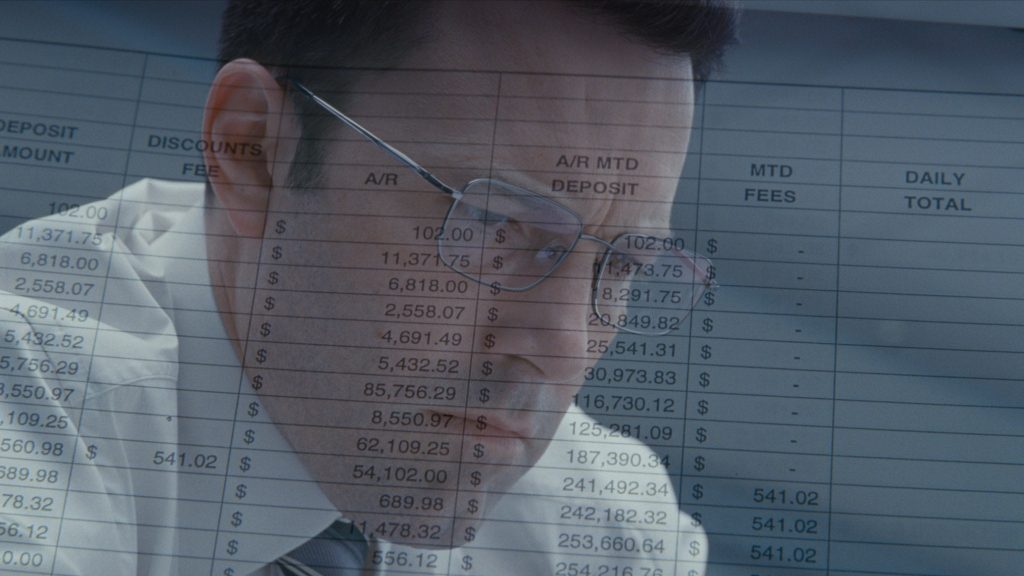
With so much hate harboured against the bean-counters, here are 4 reasons as to why Accounting is actually the Best Profession out there (by far):
1. It’s International with a capital “I”
If English is the language of global business, Accounting is the syntax – it doesn’t matter whether you’re in Brazil or Bali: debits should equal credits, poor cash flow signals a dying business, and everybody hates the auditors.
I know it’s literally in the name – IFRS and IAS – but it honestly didn’t sink in until I bonded with fellow articles trainees from Abuja and Mumbai over how ticking up IFRS 9 restatement notes could somehow eat up all the time across GMTs. But what was really cool was that we all instantly knew what the other was talking about when it came to IFRS, and with just a bit of help, could pretty much pick up what each other was working on continents away.
Also, compared to other professions which require extensive regional entrance exams (cough cough Medicine) to even have a hope of practicing overseas, once you’re certified by an internationally-recognized accounting body you have a pretty good shot of getting a working position in the country of your choice.

2. You have easy access to the skills required to build any business
One of the most interesting Reddit posts I’ve come across was a question which asked successful start-up owners which set of skills they wished they had at the beginning of their business journey.
The most common answer – by far – was accounting and basic finance skills.

An oft-voiced complaint from many of my professional peers centres around the litany of seemingly unnecessary courses we were all subject to in the course of our studies (I’m looking at you, 1st year Mercantile Law) – yet, a lot of the stuff I learnt is actually very useful.
Three years of management accounting WILL drill the concepts of contributions and variances into your subconscious as if salvation lies through standard costing – but by the end of that final exam, you’re so familiar with EBITDA you say it as one word.
Three years of articles at any audit firm will hopefully lead to experiences with the various organs of a business, from front-end sales to back-end ops and reporting. There’s deadlines, drama and often days of dying on the inside – but there are immeasurable treasures to be found if you’re looking to learn.
By the time you’re actually certified and have some work experience, you have a pretty good shot of knowing quite a bit more than the average Joe about how a business actually works, both in theory and in practice. And if you ever decide to do your own thing, at least you know where to start.

3. You can apply what you learn to your own life
In the ten seconds I spent thinking of types of professionals who can apply their knowledge and skills in their own lives, I came up with Accountants, Plumbers and Beekeepers (depending on how good you are). I guess Lawyers fit into this category too, but all those generally “rockstar” jobs fall flat when you think just how much of the professional knowledge is applicable to daily life.
Like, what do astronauts do when they’re on earth? How many bridges does a civil engineer build for his own home? Which doctor could ever perform an appendectomy on himself?
Even if you don’t decide to use the business-building skills in your Bob-the-Builder belt, you can always dip into the well of financial literacy information which trickles in throughout the course of your studies.
Writing out “Individual Donation Tax Exemption of R100 000” for two marks in twenty exam papers may be a meagre exercise at the time, but that information is pretty invaluable when it comes to structuring your finances on an annual basis. Tax course content forces students to dip into the tax differences of the types of marriage, when VAT is standard vs zero-rated, Estate Duty levies and Capital Gains Tax whilst they’re still young, which can help avoid a lot of the headaches that come later in life if used to their advantage.
I learnt about Tax-Free Savings Accounts because it was an easy three marks for writing “S12T limited to R33 000” back in 2nd-year varsity – but actually following through on a bullet point in a Tax slide and watching an investment grow tax-free years later is pretty much priceless.
4. You can combine it with anything
The greatest tragedy when it comes to Accounting is how it has become associated with “being boring”, relegated to the butt of dull Dilbert-type jokes, second only to the actuaries.
It’s a tragedy, I think, because Accounting is actually art.
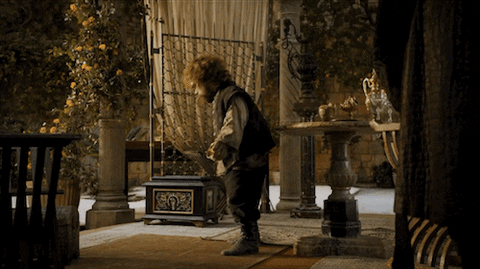
It’s only when you try to imagine a world without Accounting that you start to see its value – from simple recording of who owes you what (and how much extra you’re going to charge them until they pay) to cross-currency conversions (why these pieces of paper from this place are worth more than those) to how banks can create money out of nothing – an intangible, dynamic system for making sense of the nonsensical. Most of it exists only in the abstract yet all of it permeates through pretty much every aspect of daily life.
You can literally combine accounting with anything. Accounting and cows? May I introduce you to IAS 41 Biological Assets? Accounting and Hollywood? Did you know the fifth Harry Potter film made over $940 million worldwide but Warner Bros technically recorded a financial loss of $167 million for the movie, thanks to creative accounting. It was accountants that brought down Al Capone – you can work as a forensic accountant for the FBI today. What about history? As it turns out, the first recorded name was that of an accountant named Kushim on a clay tablet from over 3000 years ago.
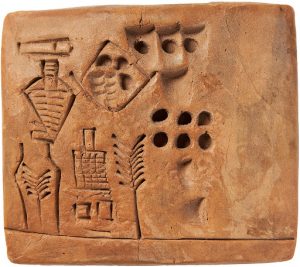
As you can see, Accounting clearly deserves a better name in the professions game – we’ve got a lot to back us on our balance sheet. Anyone who thinks AI is going to replace us any time soon needs to stop rewatching so many Black Mirror episodes. And we don’t all like math (that much), okay?
Enjoying the site? Don’t miss our FREE CPD Newsletter – sign up below and stay updated weekly with free CPD content delivered directly to your inbox!
Sign up here:
Fair Use Disclaimer
Copyright Disclaimer under section 107 of the Copyright Act 1976, allowance is made for “fair use” for purposes such as criticism, comment, news reporting, teaching, scholarship, education and research.
Fair use is a use permitted by copyright statute that might otherwise be infringing.
Fair Use Definition
Fair use is a doctrine in United States copyright law that allows limited use of copyrighted material without requiring permission from the rights holders, such as commentary, criticism, news reporting, research, teaching or scholarship. It provides for the legal, non-licensed citation or incorporation of copyrighted material in another author’s work under a four-factor balancing test.
myCAhub™ does not generate any income from the posting of blogs on the site. Any copyrighted material in this blog is used for the purpose of commentary, parody and criticism. All rights and credit go directly to the original creators of such copyrighted material. No copyright infringement is intended.

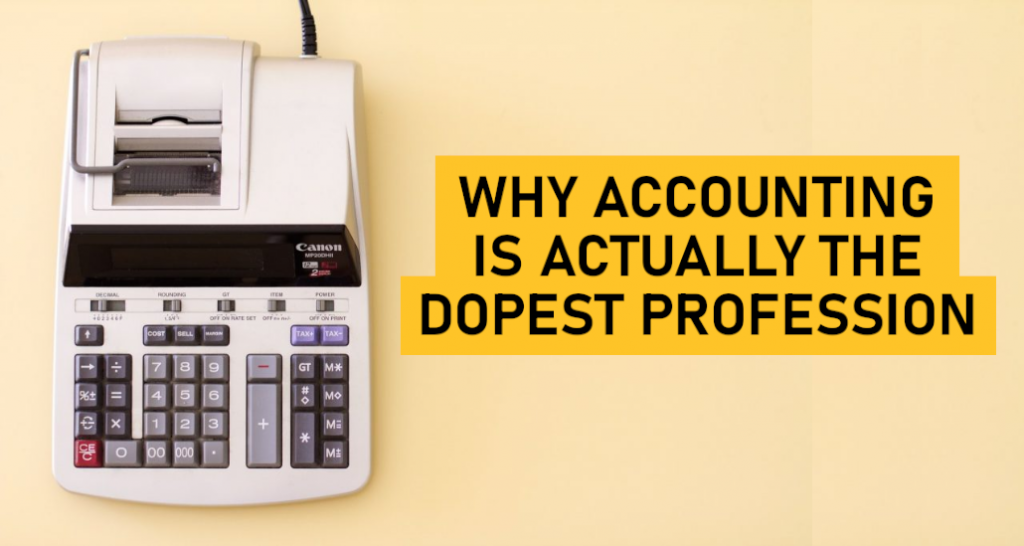
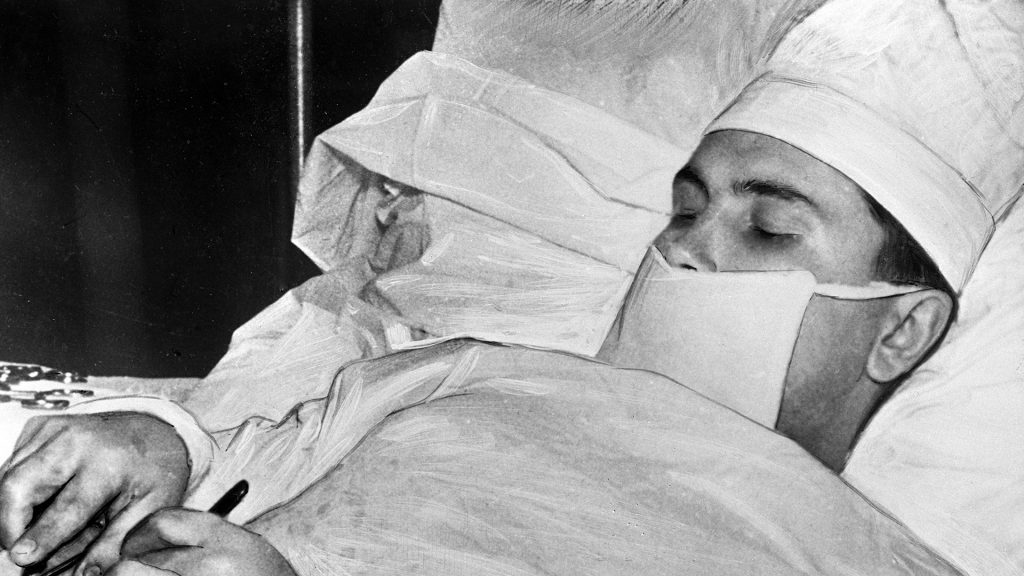
Hey awesome article, despite me being a lawyer in the making 🙂 :(.